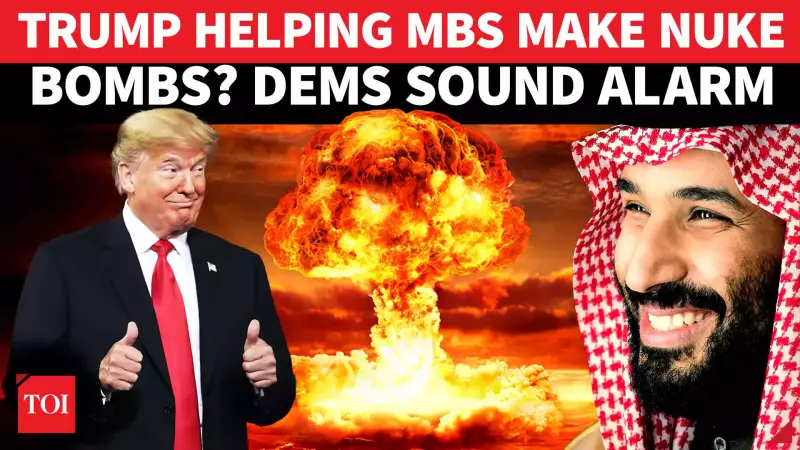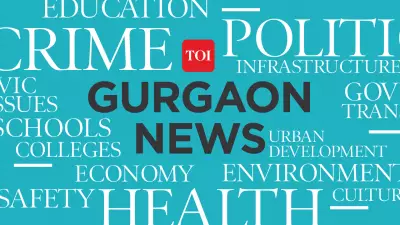
A significant diplomatic development between the United States and Saudi Arabia has ignited intense political debate in Washington, raising concerns about potential nuclear proliferation in the already volatile Middle East region.
What the US-Saudi Nuclear Agreement Entails
On November 20, 2025, top US Cabinet officials and Saudi Energy Minister Prince Abdulaziz bin Salman formally signed a joint declaration that advances negotiations toward a comprehensive civilian nuclear cooperation agreement. This pact represents a major step in bilateral relations between the two nations but has immediately drawn criticism from concerned lawmakers.
The agreement focuses on nuclear energy cooperation for peaceful purposes, but the absence of explicit safeguards preventing uranium enrichment and plutonium reprocessing has become the central point of contention among opposition politicians and nuclear non-proliferation experts.
Democratic Lawmakers Voice Grave Concerns
Several senators have expressed alarm that this nuclear deal could potentially open doors for Saudi Arabia to pursue nuclear weapons development in the future. Their concerns are amplified by Crown Prince Mohammed bin Salman's previous statements indicating that Riyadh would match Iran's nuclear capabilities if Tehran successfully acquires nuclear weapons.
Democratic opponents argue that without stringent verification mechanisms and clear restrictions on enrichment technologies, the agreement could inadvertently contribute to nuclear weapons proliferation rather than preventing it. The timing is particularly sensitive given ongoing tensions between Iran and Western powers over Tehran's nuclear program.
Broader Implications for Regional Security
The political firestorm in Washington reflects deeper anxieties about shifting power dynamics in the Middle East. Experts suggest that a Saudi nuclear program, even if initially civilian-focused, could trigger a regional arms race as neighboring countries might feel compelled to develop their own nuclear capabilities in response.
This development comes amid other regional security concerns, including questions about air power balance between Israel and Saudi Arabia regarding advanced fighter aircraft like the F-35. The nuclear agreement potentially adds another layer of complexity to an already tense geopolitical landscape where multiple nations are jockeying for influence and security assurance.
As negotiations progress toward a final agreement, the debate in Washington is likely to intensify, with lawmakers demanding more transparency and stronger safeguards to prevent nuclear weapons proliferation in one of the world's most strategically important regions.





